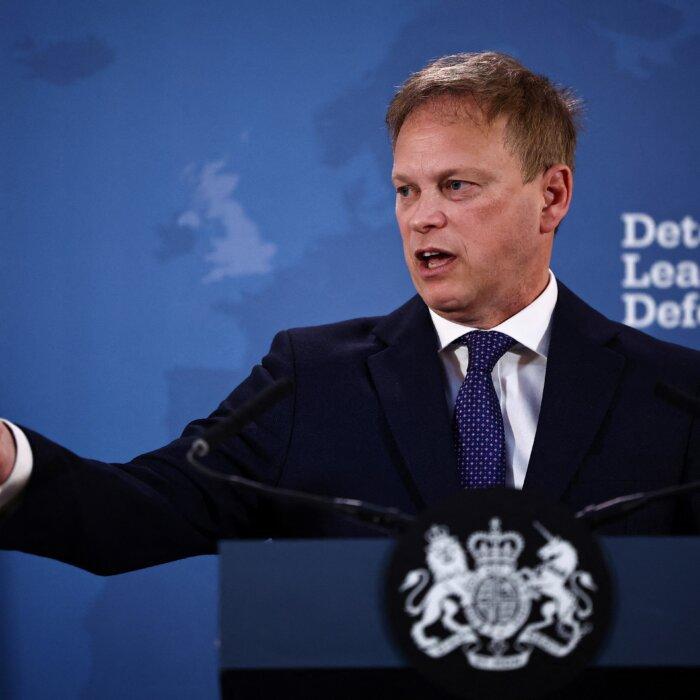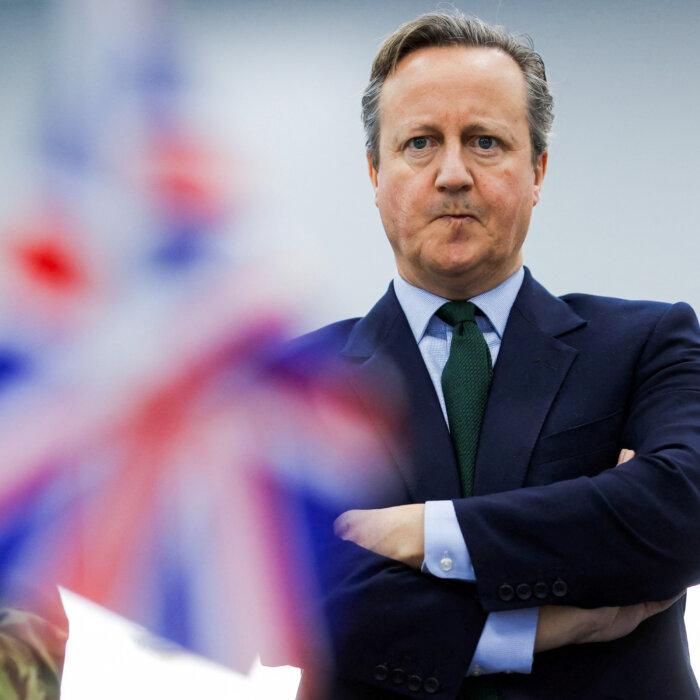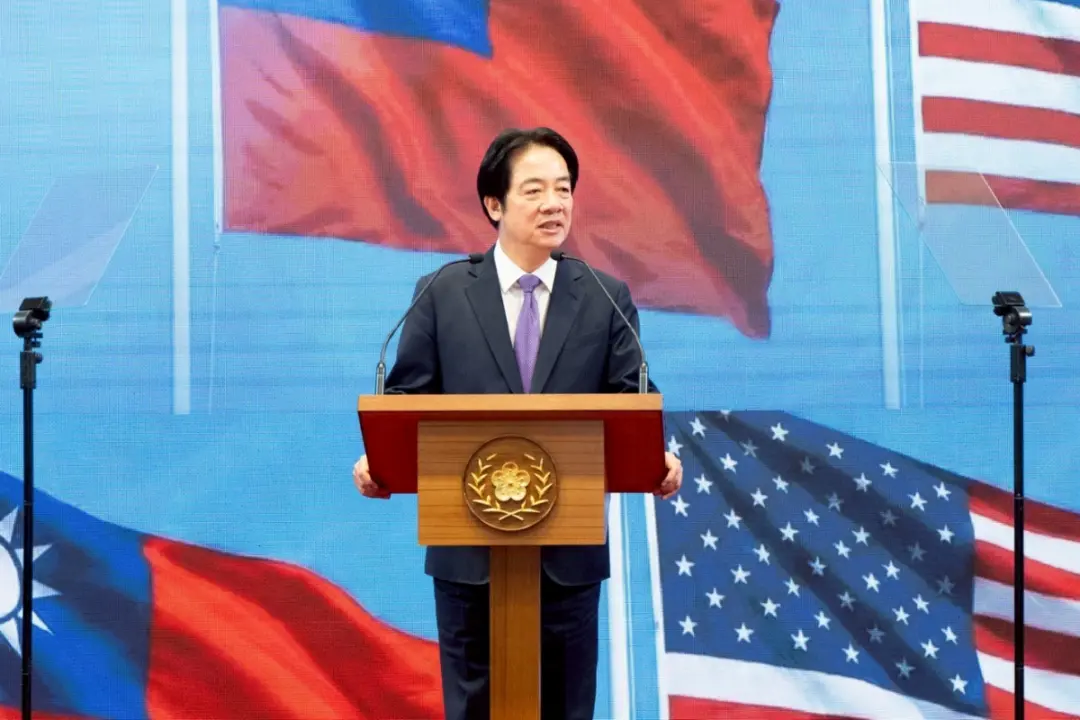Sir Keir Starmer has pledged that Labour will continue to back the UK’s nuclear deterrent, Trident, if the party wins the next election.
“My commitment to Nato and the UK’s nuclear deterrent – maintained on behalf of Nato allies – is unshakeable. Absolute. Total,” he wrote, affirming that the “changed” Labour Party he leads “knows that our national security always comes first.”
Sir Keir’s commitment indicates a shift for Labour from the Jeremy Corbyn era. Mr. Corbyn, who now sits as an independent MP, has been a member of the Campaign for Nuclear Disarmament since he was 15 and is the group’s vice president.
Nuclear Deterrent the ‘Bedrock’ of UK’s Defence
Sir Keir said that if Labour wins in the next general election, he will place “a nuclear deterrent triple lock as the bedrock of our plan to keep Britain safe.” He also pledged that investment in defence will support “British jobs first.”BAE Systems is building the Dreadnought Class Royal Navy nuclear submarines which will replace the Vanguard Class in the early 2030s at an estimated cost of £31 billion.
Britain would also maintain its continuous at-sea nuclear deterrent under Labour, the party leader said. A Starmer government would offer “new UK leadership” within the Indo-Pacific security partnership AUKUS, comprised of the United States, Australia, and the UK.
“We absolutely stand by our commitment to Nato,” he said.
Defence Secretary Grant Shapps has also committed to increase defence spending to 2.5 percent under a Conservative government.
On Friday, Mr. Shapps criticised Sir Keir and shadow defence minister John Healey for having “tried twice to put Jeremy Corbyn in charge of the nation’s armed forces.”
Mr. Shapps continued: “The same man who wanted to scrap our nuclear deterrent, dismantle NATO, and questioned the integrity of British Intelligence community.
UK to Conduct Military Exercises with Japan
In addition to work taking place via AUKUS to boost regional security, the Ministry of Defence announced on Wednesday it was going to conduct regular trilateral military exercises in the Indo-Pacific with Japan and the United States.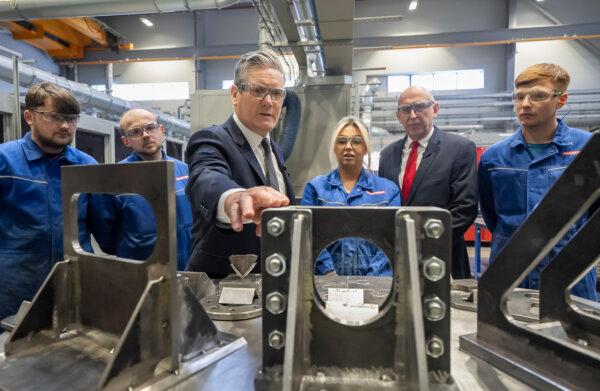
The three nations hope the exercises, starting in 2025, will improve the ability of their respective armed forces to operate together.
Mr. Shapps said the manoeuvres will send a “strong message” to aggressors seeking to “undermine the rules-based international order.”
“In an increasingly volatile world where we can no longer take peace for granted, it’s critical to stand united with our allies and partners in defence of democracy and freedom,” the defence secretary said.
He added, “A safe and stable Indo-Pacific is vital to our collective security, allowing free and unhindered trade and travel, and our world-leading partnerships with Japan and the U.S. further emphasise our commitment to the region.”
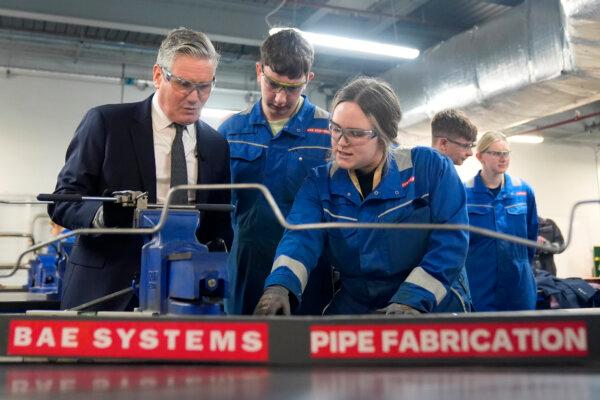
The secretary of state for defence said that Royal Navy aircraft carrier HMS Prince of Wales will be deployed to the Indo-Pacific at the head of a Carrier Strike Group, “which will conduct a series of operations and exercises with partners and allies—including a port visit in Japan.”
Steadfast Defender, which commenced in January and will end on May 31, is what NATO calls “a significant display of military prowess,” which allows the defence union to showcase “transatlantic unity, strength, and determination in the face of evolving security challenges.”
Approximately 90,000 troops from all NATO allies are engaged in operations spanning a dozen European countries in multi-domain exercises across land, air, sea, cyber, and space.


